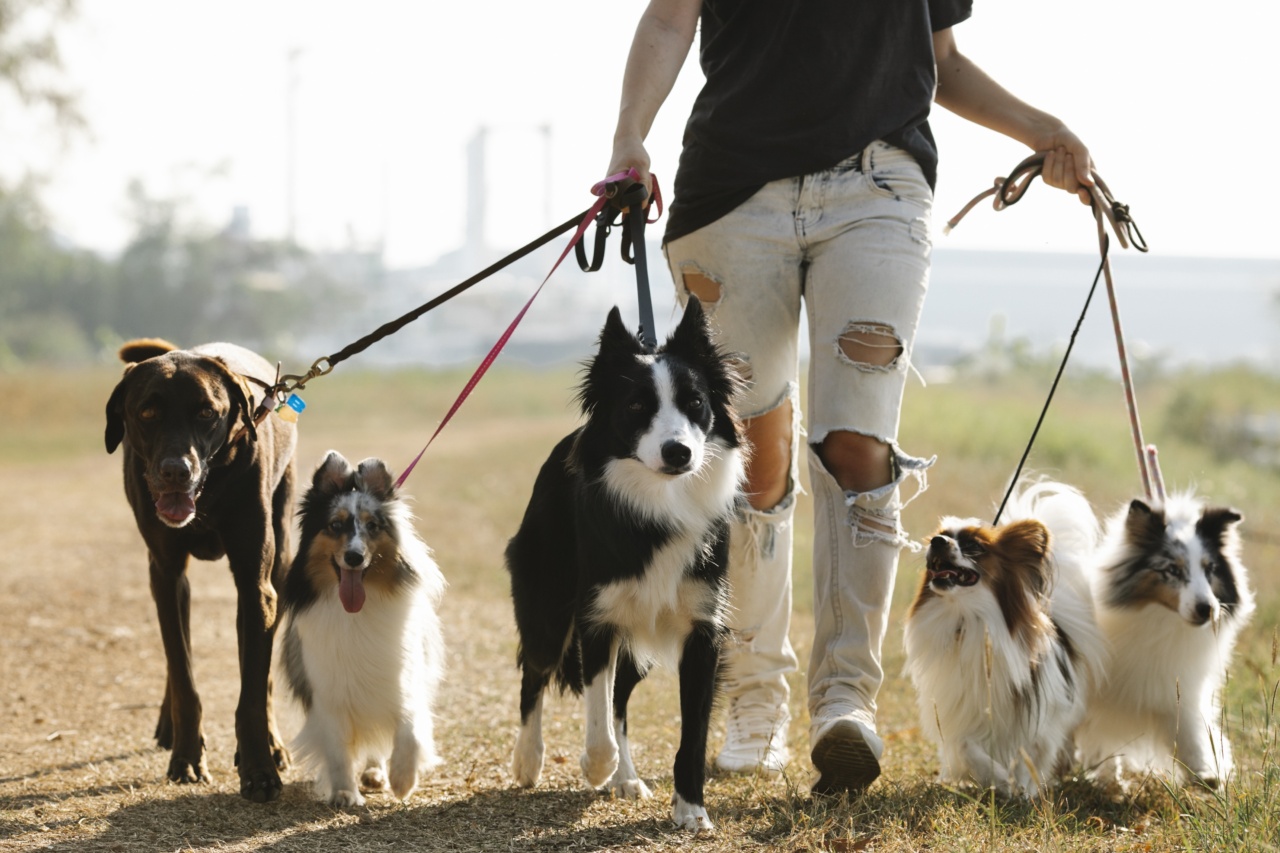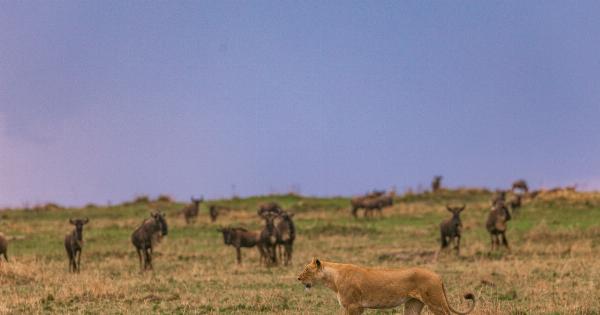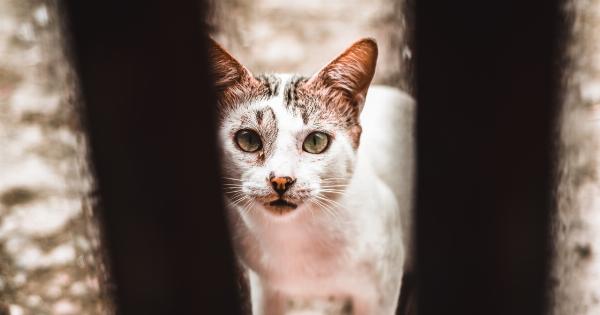Living in a rural area offers a unique and fulfilling experience, especially for pet owners. The wide open spaces, fresh air, and natural surroundings provide an ideal environment for pets to thrive.
However, owning a pet in a rural setting comes with its own set of responsibilities and challenges. To ensure the well-being of your furry friend and maintain a harmonious lifestyle, it is important to understand and navigate these responsibilities.
In this article, we will explore the various aspects of pet ownership in a rural setting and provide guidance on how to manage them effectively.
The Importance of Proper Pet Identification
One of the most crucial responsibilities of pet owners, regardless of location, is to ensure proper identification for their furry companions.
In a rural setting, this becomes even more critical due to the vast and expansive area that pets can potentially explore. Maintaining accurate identification, such as tags on collars or microchipping, can greatly increase the chances of reuniting with your pet in case they wander off.
Creating a Secure Enclosure
Unlike urban areas, rural settings often lack enclosed spaces such as fenced yards. Therefore, it is essential to create secure enclosures for your pets. Consider utilizing sturdy fences or pens to keep your pets within designated areas.
This not only helps in preventing them from wandering away but also protects them from potential dangers such as wild animals or passing vehicles.
Managing Pet Risks in a Rural Environment
Rural areas are known for their abundance of wildlife, which can pose risks to pets. Small animals such as rabbits or rodents can attract predators like foxes or coyotes.
Ensure your pets are supervised when outside and take necessary precautions to keep them safe. Additionally, be aware of any poisonous plants or substances that may be present in your surroundings and ensure they are inaccessible to your pets.
Regular Veterinary Care
Access to veterinary care may be more limited in rural areas compared to urban settings. However, regular veterinary check-ups and vaccinations are just as important for pets in rural environments.
Establish a relationship with a local veterinarian and ensure your pets receive the necessary vaccinations, preventive treatments, and routine examinations to keep them healthy and protected.
Exercise and Mental Stimulation
Living in a rural setting provides ample opportunities for pets to engage in physical activities and explorations. Regular exercise is essential for their well-being and can prevent behavioral issues resulting from boredom.
Take advantage of the natural surroundings by going for long walks, hikes, or allowing your pets to run freely in safe areas. Additionally, provide mental stimulation through interactive toys or games to keep their minds sharp and content.
Addressing Pest Control
Living in rural areas often means dealing with pests such as fleas, ticks, or parasites that can harm your pets.
Implement a comprehensive pest control program that includes preventive measures such as regular grooming, tick and flea control products, and appropriate medication as recommended by your veterinarian. Regularly check your pets for any signs of infestation and take swift action to address it.
Socialization and Training
While rural settings can provide a peaceful and secluded environment, it is important to ensure that your pets are well-socialized with other animals and humans.
Arrange playdates or visit dog parks to expose your pets to different experiences and interactions. Training is also crucial to ensure the safety and obedience of your pets. Teach them basic commands and establish boundaries to prevent undesirable behaviors.
Emergency Preparedness
Rural areas may be prone to natural disasters or emergencies such as wildfires or severe weather conditions. As a responsible pet owner, it is essential to have an emergency plan in place.
Keep a pet emergency kit readily available, including essential supplies, food, medications, and documents. Plan for temporary relocation or shelter options in case of evacuation orders and ensure your pets are included in your emergency preparedness efforts.
Responsible Waste Management
Living in a rural setting often means having larger plots of land or proximity to natural resources. It is important to practice responsible waste management to avoid pollution and maintain a healthy environment.
Clean up after your pets’ waste, as it can contaminate water sources or introduce harmful bacteria to the environment. Consider composting or proper disposal methods to minimize the impact on the surrounding ecosystem.
Supporting Local Animal Welfare
Rural areas may have fewer resources dedicated to animal welfare compared to urban areas. Show support for local animal shelters or rescue organizations by volunteering, fostering, or donating to help animals in need.
By contributing to the local animal welfare community, you not only assist individual animals but also contribute to strengthening the overall well-being of pets in your rural setting.
Conclusion
Owning a pet in a rural setting offers a range of unique experiences and challenges. By navigating the responsibilities of pet ownership effectively, you can provide a safe and fulfilling life for your four-legged companions.
From proper identification and enclosures to veterinary care and responsible waste management, every aspect plays a vital role in ensuring the well-being of your pets. Embrace the joys of rural pet ownership while being a responsible and caring steward of their welfare.































